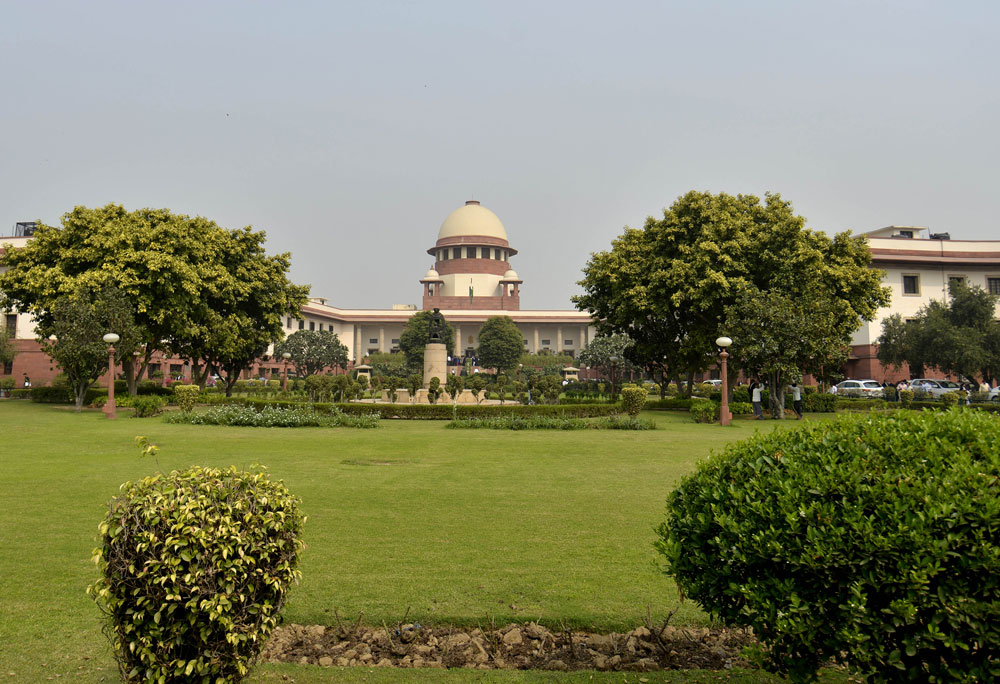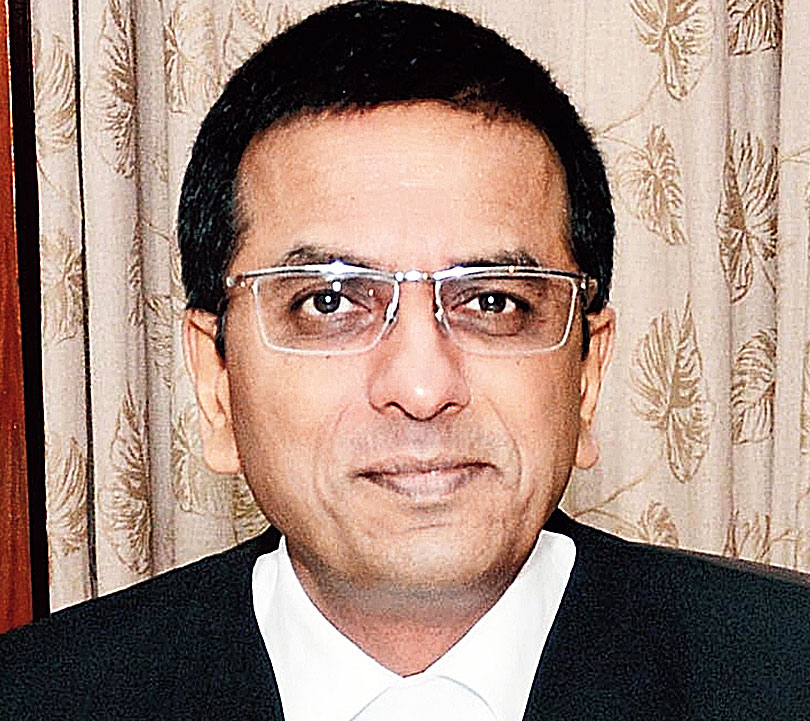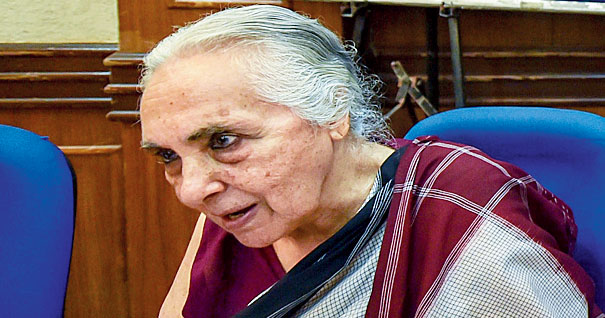The Supreme Court on Friday rejected by a 2:1 majority verdict a plea for the release of five Left-leaning activists held last month for alleged Maoist links, and refused to order a special investigation into their arrests.
It held that Varavara Rao, Arun Ferreira, Vernon Gonsalves, Sudha Bharadwaj and Gautam Navlakha had not been arrested merely because of “dissenting views or difference in political ideology”.
Justice D.Y. Chandrachud, the dissenting judge, however, wrote: “Individuals who assert causes which may be unpopular to the echelons of power are yet entitled to the freedoms which are guaranteed by the Constitution. Dissent is a symbol of a vibrant democracy. Voices in opposition cannot be muzzled by persecuting those who take up unpopular causes.”
In their majority verdict, Chief Justice Dipak Misra and Justice A.M. Khanwilkar said: “It is not a case of arrest because of mere dissenting views expressed or difference in the political ideology of the named accused, but concerning their link with the members of the banned organisation and its activities.”
The court, which had placed all five under house arrest in a measure of relief the day after the arrests, extended the arrangement by four more weeks. During this time they can move the trial courts, which can consider their cases on merit uninfluenced by the apex court’s observations, it said.
Refusing to appoint a special investigation team to probe the arrests, the apex court said: “Accused cannot ask for changing the investigating agency or to do investigation in a particular manner including for court-monitored investigation.”
The eminent citizens led by historian Romila Thapar who had petitioned for the activists’ immediate release said their stand had found “vindication” in Justice Chandrachud’s opinion.
Maharashtra chief minister Devendra Fadnavis held up the verdict as a “victory” for his government and police, which had arrested the five in a multi-state raid on August 28. He said the police would move the appropriate courts to seek their custody.
The BJP claimed the Congress and Rahul Gandhi stood exposed for supporting “urban Naxals plotting to kill Prime Minister Narendra Modi”. The Congress hoped the police would conduct the investigations in keeping with the law and not according to the BJP’s “whims and fancies”.
On August 28, Pune police had arrested the five activists in connection with the Bhima-Koregaon caste violence of January 1.
By June, the police had claimed to unearth a conspiracy to assassinate Modi, citing letters and emails exchanged purportedly between the accused activists and Maoist leaders.












